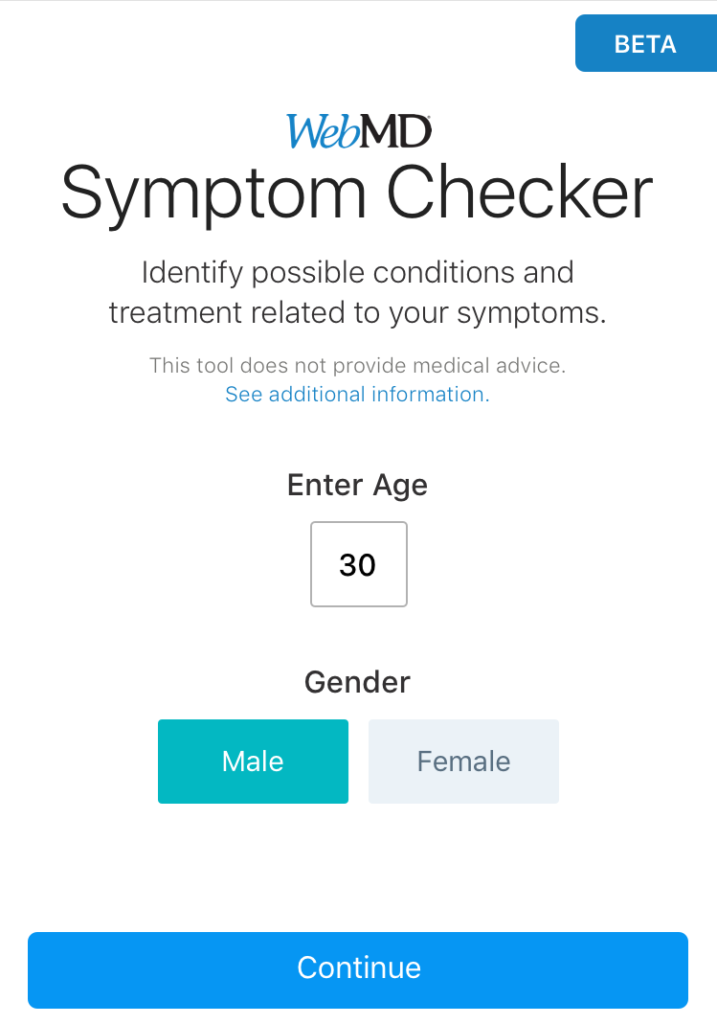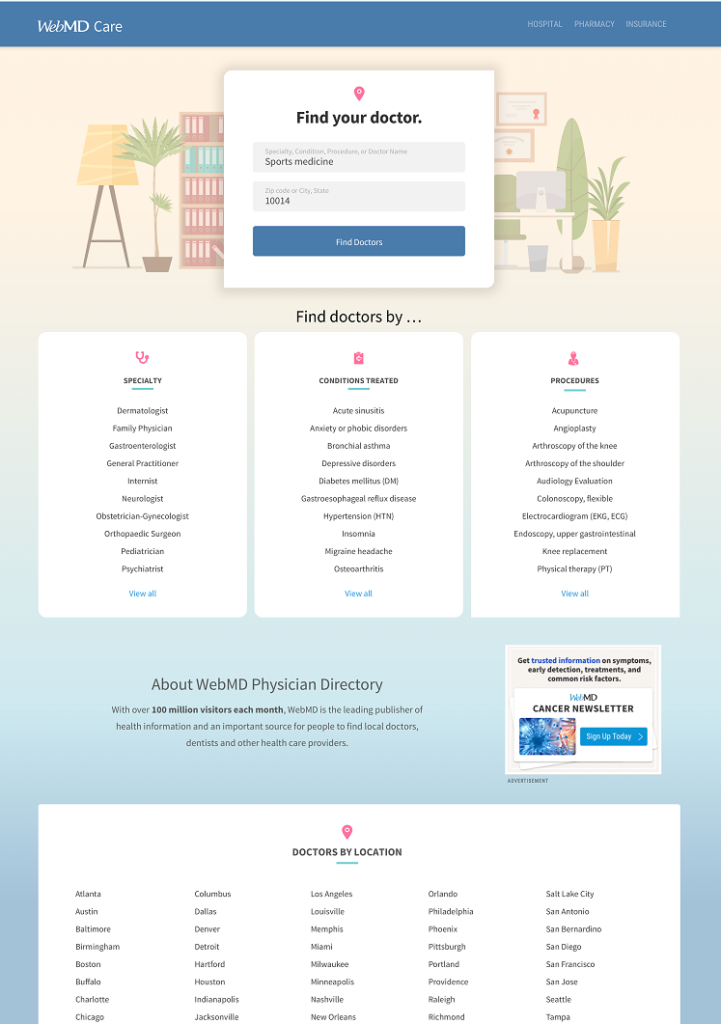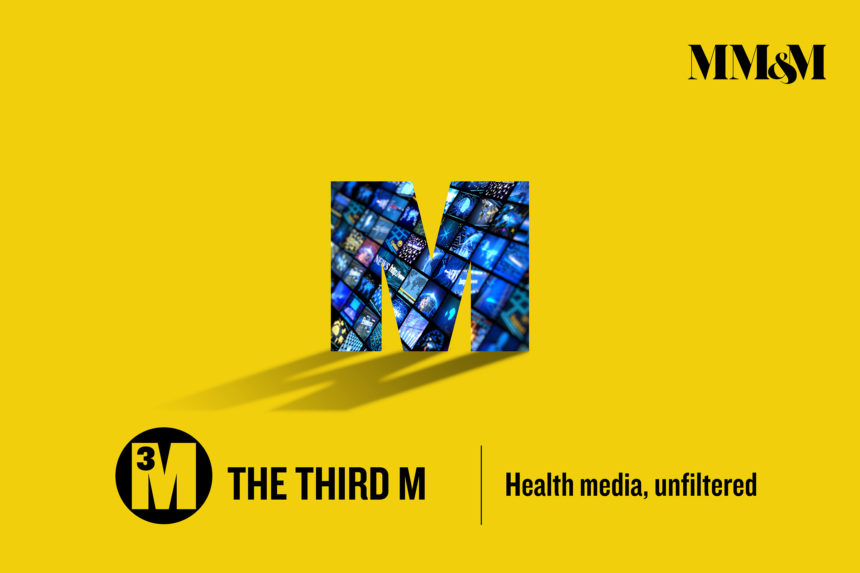WebMD has been around for so long that it’s easy to take its utility and credibility for granted.
Pop a hamstring during your daily trot around the neighborhood? WebMD will help you grade and treat it. Loud person on the internet carping about the safety of Flintstones vitamins? WebMD can clear up the “misunderstanding.” For more than two decades, it has ranked as the first stop for myriad sick, sore or otherwise distressed individuals; the rise of Dr. Google and the debut of numerous other health and wellness publishers not only hasn’t knocked it down a peg, but instead has increased its appeal by comparison.
Still, there are more contenders than ever before, and they’re more resourceful and ambitious. So WebMD’s launch earlier this month of WebMD Care feels like a pivot, one that the company says will further its evolution from a health-information website into a health-information platform.
“The old model was a little bit of a passive model. You’d go to a page, read the article, leave the page, and then maybe or maybe not follow up with a healthcare provider,” says WebMD CMO Stu MacFarlane. “What we’re doing now encourages more engagement, because we can help people move further along in their journey. To the extent that they want to find a new healthcare provider, we can guide them through the process.”
WebMD Care builds upon the company’s existing Physician Directory, but adds chiropractors, dentists, acupuncturists and other holistic practitioners to the mix. Its search function has been expanded to include more thorough information on pharmacies and insurance plans, while the physician profiles now detail whether the HCP in question is accepting new patients.
Combined with offerings like WebMD Labs (testing services for nine common STDs) and WebMDRx (prescription savings), the upgraded directory represents the next step in the gradual evolution that commenced when WebMD was purchased by Internet Brands in July 2017. At the time, WebMD was the top-ranked health site in the U.S., per ComScore. In December, it ranked as the 46th biggest multiplatform media property in the country in unique monthly visitors, with 79.3 million. Among health publishers, it trailed only Healthline Media (45th overall, with 80.2 million uniques).


MacFarlane nonetheless sees plenty of opportunities to grow those numbers, even as competition among health-centric publishers intensifies. “There are a lot of companies providing healthcare information and tools, obviously,” he says. “We’ll stay on top of that list by continuing to be the best and easiest place for consumers to get this information.”
MacFarlane doesn’t discuss specific opportunities for healthcare marketers, but notes that WebMD has plenty to offer any health/wellness organizations and a range of consumer health products. “One thing we have is obviously scale, just the sheer size of WebMD in terms of the number of visitors who come to us seeking information,” he says. “But even more important than that, I think, is the nature of the consumers who come to us. These are people clicking multiple times, digging deep on our information and using the tools. They’re really engaged. They’re moving down that decision funnel.”
As for immediate goals, MacFarlane anticipates that WebMD will “build out” its overall care package. Clearly WebMD Care is a big part of this, but in the short-term look for the company to deepen the information it offers on physicians and practices as well as add what MacFarlane calls “a live booking experience” later this year.
WebMD is also likely to expand its content offerings in the months ahead, especially in the realm of short- and long-form video. Quizzes and checklists will remain a vital part of the mix, but they’ll be geared towards prompting visitors to take further action. A spokesperson notes the possibility that WebMD could add some investigative reporting capabilities.
But all such content will be additive, rather than designed to replace existing features (read: the beloved cold and flu map isn’t going anywhere). “We’ve always been on the leading edge of how our consumers’ needs and wants are changing,” MacFarlane says. “Nothing about that is going to be any different.”








